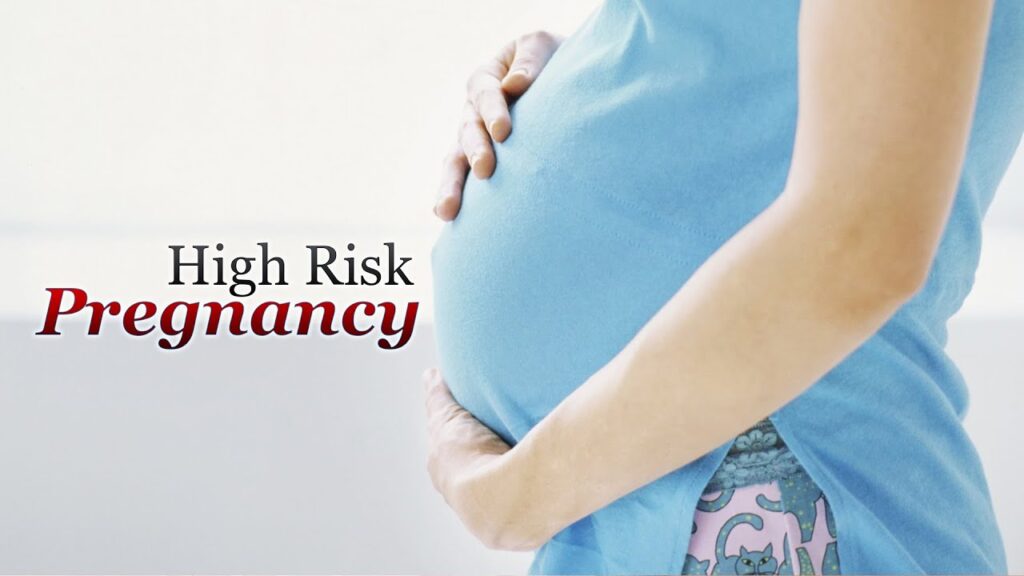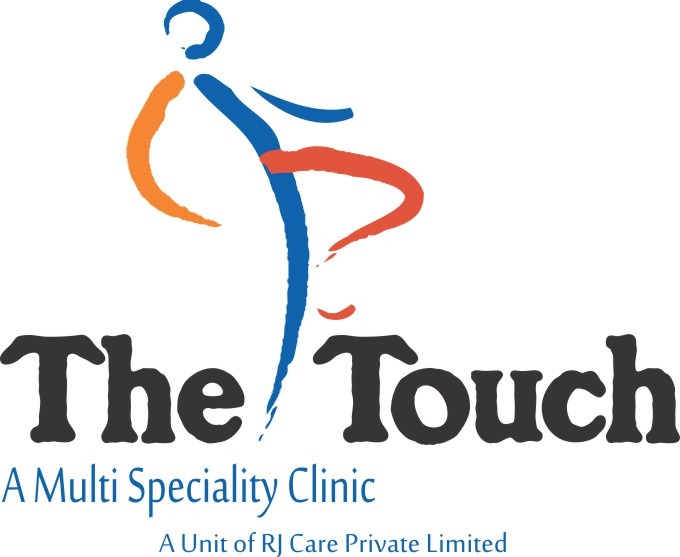How Do I Know That I Have a High-Risk Pregnancy?

Before answering the question, let’s understand a little about a high-risk pregnancy.
The normal process of having a baby involves a woman going into labor on or near the due date and giving birth to a healthy baby. However, not all pregnancies may go smoothly. Some women go through what is known as a high-risk pregnancy.
Pregnancy with complications that may affect the mother or the baby or both is considered a high-risk pregnancy. Women at increased risk need management by a specialist to prevent complications and get the best possible outcome.
Let’s understand the factors that may increase the risk of such pregnancies.
Risk Factors for High-Risk Pregnancy
Some common factors include:
- Maternal age: A woman under the age of 17 or over 35 at the time of delivery is at a greater risk of complications.
- Maternal health problems: Certain health conditions such as obesity, asthma, hypertension, blood disorders, and infections may increase the risk of complications.
- Pregnancy problems: Some complications that develop during pregnancy, such as fetal growth restriction and abnormal placenta position, may increase the risk of abnormal pregnancy outcomes.
- Multiple pregnancies: Women with twins or a higher number of pregnancies are at a higher risk of complications.
- Pregnancy history: A history of preeclampsia or premature birth increases the risk of the same in the next pregnancy.
- Lifestyle choices: Drinking alcohol, smoking cigarettes, and taking illegal drugs may increase the risk of complications.
Symptoms
The presence of specific symptoms may indicate problems that may affect your pregnancy or delivery outcomes. Some of them are:
- Severe headaches
- Decreased fetal activity
- Watery vaginal discharge or vaginal bleeding
- Cramps or pain in the lower abdomen
- Changes in vision such as blurred vision
- Fever or chills
- Burning or pain with urination
- Persistent nausea or vomiting
- Dizziness
- Severe or sudden swelling in the hands, fingers, or face
- Thoughts of harming your baby or yourself
Treating Or Preventing Complications
The good news is that you can take certain precautions to prevent the abnormal outcome of the pregnancy or manage the complications. These include:
- Get recommended immunizations
- Eating a healthy diet
- Taking at least 400 micrograms of folic acid daily before and after pregnancy
- Getting recommended immunizations
- Being active unless advised by the doctor
- Avoiding alcohol, cigarettes, and illegal drugs
- Seeing your doctor regularly
- Managing your underlying health conditions, if any, such as diabetes or hypertension






